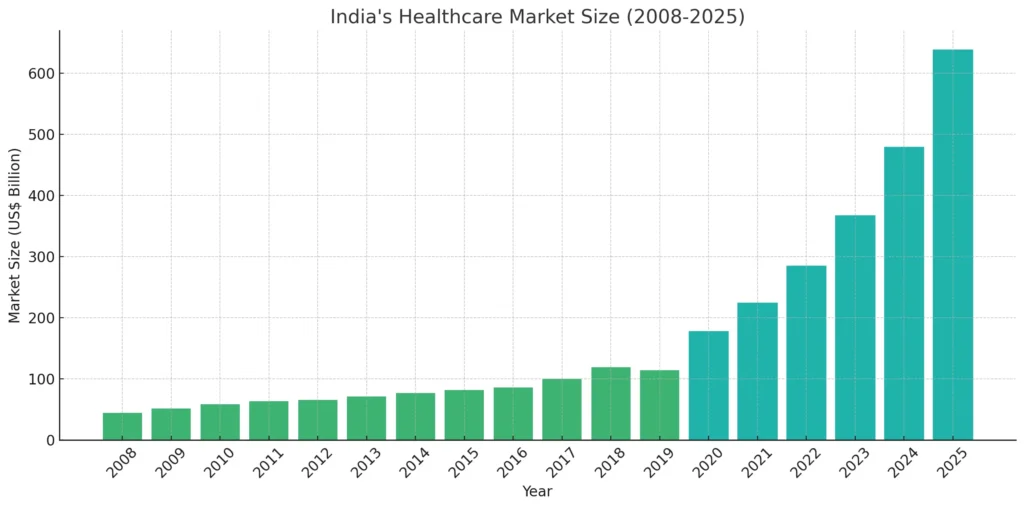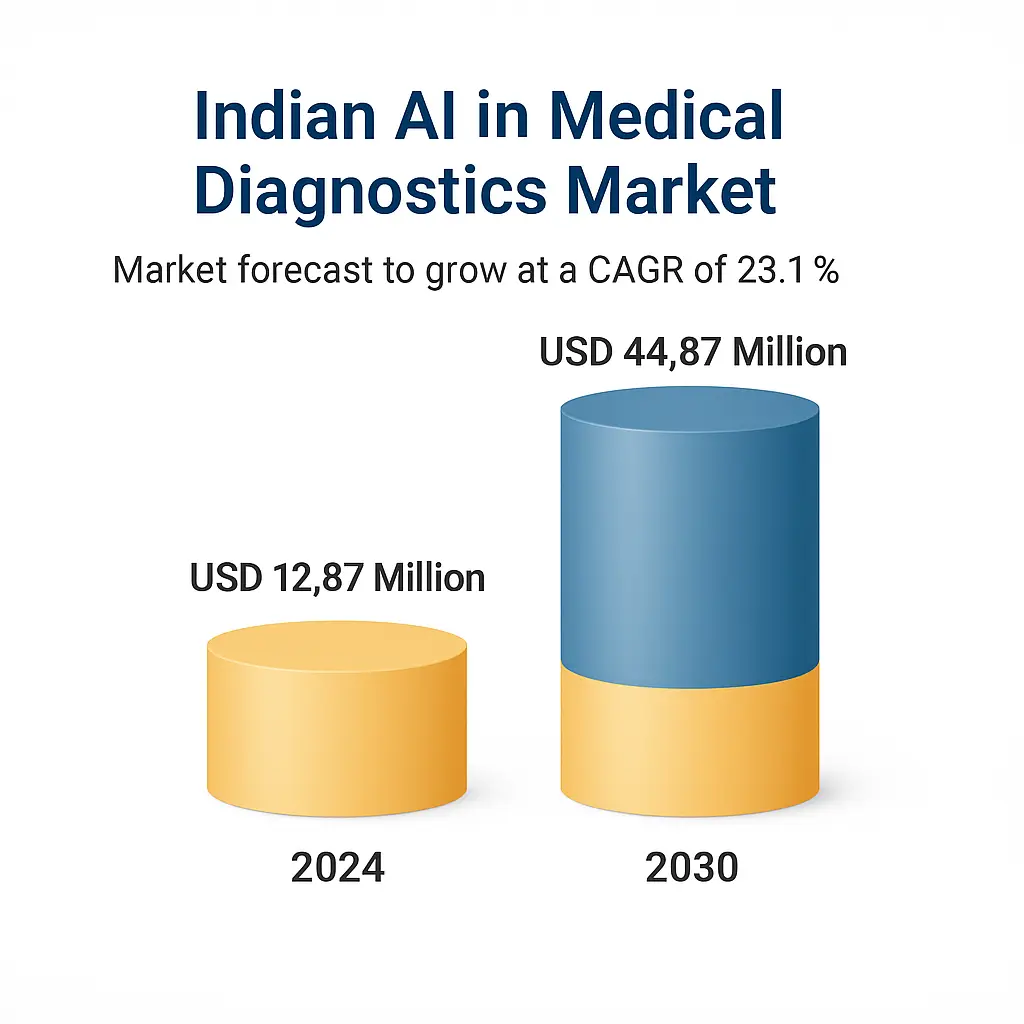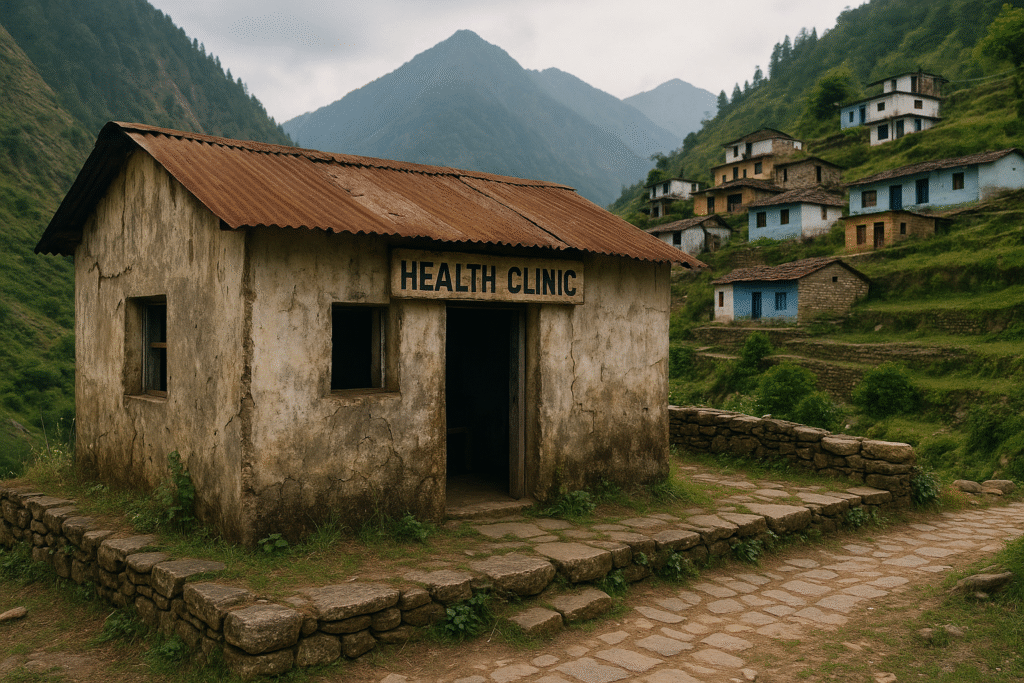The Future of Hospital Administration in India: A Game Changer for Healthcare
Hey everyone!
If you’ve been keeping an eye on India’s healthcare scene lately, you’ll know we’re standing at a seriously exciting crossroads. Our hospitals, doctors, and policymakers are gearing up for a major transformation — and at the heart of it all? Hospital Administration Programs.
India’s Healthcare Sector: Booming Like Never Before!
First, a little reality check: India’s healthcare market is projected to hit $638 billion by 2025! (That’s double what it was a few years ago!)
Thanks to growing incomes, better health awareness, government schemes, and — not gonna lie — lessons from the COVID-19 pandemic, healthcare has become a national priority.
The Union Budget 2025-26 even saw a huge bump, with INR 99,859 crore allocated just for healthcare — an 11% hike over last year. More money = more hospitals, more equipment, and yes, more trained administrators needed to keep it all running smoothly.

The Problems We Can’t Ignore
But let’s not sugarcoat things. India still struggles with:
- Doctor shortage (1 doctor for every 1,456 people — the WHO says it should be 1:1,000)
- Bed shortage (We need 1.75 million more hospital beds by the end of 2025!)
- Rural-urban gap (Most quality care is still stuck in the cities)
Without good hospital administrators — the invisible backbone of healthcare — even the best doctors and equipment can’t reach their full potential.
Hospital Administration Programs: Why They’re So Crucial
Now, here’s the good part.
Universities and foundations (like IIHMR Delhi, TISS, RIHS (Ramyanti Foundation), etc.) are stepping up big time, offering MBA in Hospital Management, Master’s in Hospital Administration, Master’s in Public Health, and similar programs.
These courses aren’t just about sitting in lectures.
They teach real-world stuff like:
- How to manage healthcare logistics
- How to handle health insurance systems
- How to bring AI and data into patient care
- How to lead large hospital teams
By 2030, India will need over 5,000 professional health managers (up from 3,400 back in 2017). So if you’re thinking of a career shift — healthcare management is HOT!

Tech Takeover: The New Age of Hospital Management
Speaking of HOT — technology is taking over healthcare in India too!
Apollo Hospitals is already using AI to automate medical documentation, saving doctors 2-3 hours every day.
Tele-ICU projects are popping up in rural areas, helping connect patients in remote villages with specialist doctors in big cities — all online.
With AI-powered hospital management systems, resource planning, patient tracking, and even clinical decision-making are getting faster, smarter, and more reliable.
Government Moves That Matter
The Indian government is not sitting idle either.
Here are two mega initiatives you should know about :
Ayushman Bharat Digital Mission (ABDM): Digital health IDs, electronic records, one nation-one health ecosystem
PM-Atmanirbhar Swasth Bharat Yojana: Building state-of-the-art critical care hospitals and labs across the country
These moves will increase demand for skilled hospital administrators who can handle tech, operations, and health policies — all at once!
What the Future Looks Like
I’m honestly so optimistic.
With more funding, more focus on tech, and a new generation of hospital administrators, India’s healthcare system could finally achieve:
- Better rural coverage
- Shorter waiting times
- More affordable treatments
- World-class patient experiences
If you ask me — this isn’t just change.
It’s a healthcare revolution, and hospital administrators are leading the charge.
Final Thoughts
Whether you’re a student, a healthcare worker, or just someone curious about the future — keep an eye on this space.
The healthcare leaders of tomorrow aren’t just surgeons or scientists. They’re hospital managers, health tech innovators, and system builders.
And who knows? Maybe one of them will be you.
Thanks for reading!
If you found this blog insightful, share it with someone considering a career in hospital administration — or leave a comment with your thoughts!
Until next time, stay curious and stay healthy!

